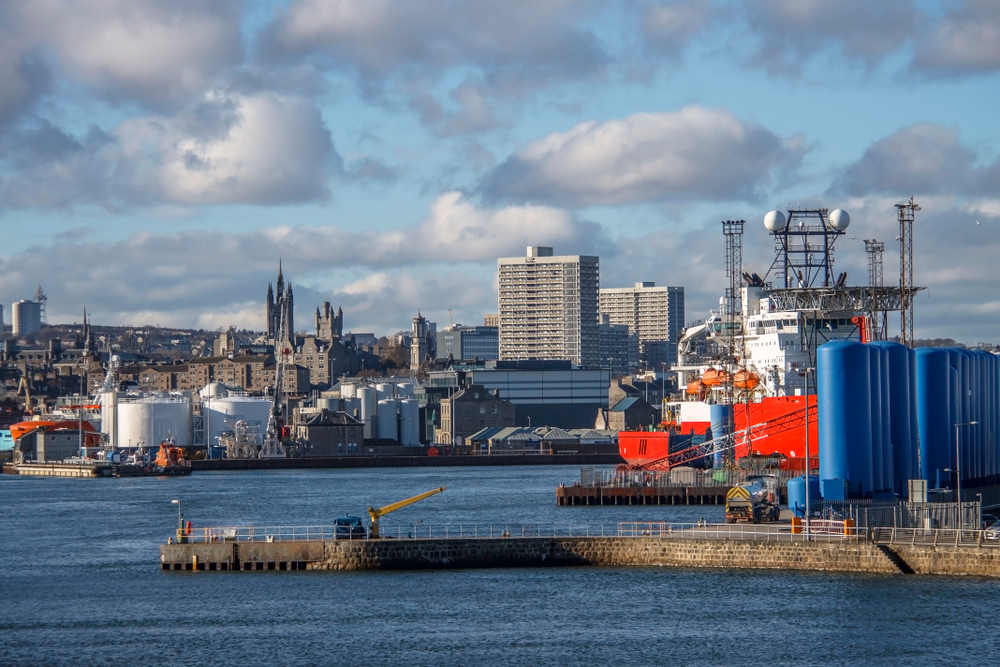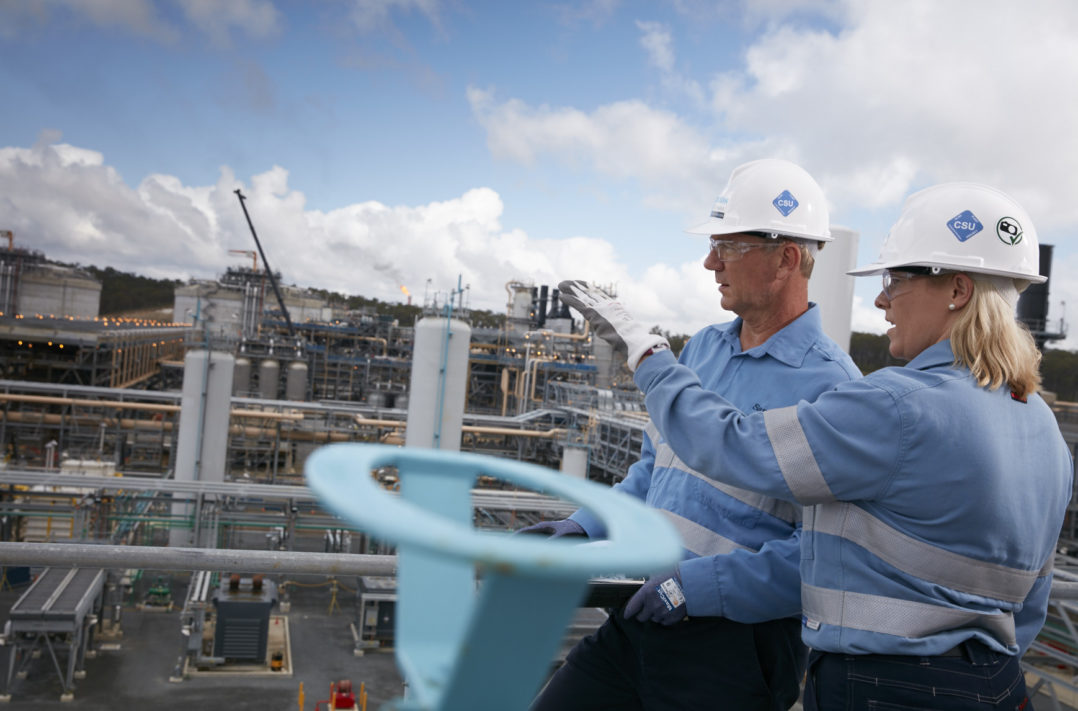A sustained focus on cost and efficiencies with ongoing uncertainty in commodity markets marks the “new reality” for the UK’s offshore oil and gas sector, according to a flagship report into industry performance published recently.
Oil & Gas UK’s (OGUK) Business Outlook 2019 finds continued uncertainty in commodity markets is reinforcing investor caution, with forecasts indicating a conservative outlook for prices. Against this backdrop, exploration and production companies remain focused on cost whilst striving for further business and operational improvements.
While the report finds 62 percent of contractor companies have an improved outlook for 2019, many areas of the supply chain are still experiencing challenges as industry emerges from one of its most difficult downturns.
New findings in the report reveal that £200bn will need to be spent by exploration and production companies in existing operations and new opportunities to realise industry’s Vision 2035, and adding a generation of productive life to the basin.
The report shows:
Production has increased by 20 percent over the past five years, following 14 years of decline.
Companies are looking to maintain unit operating costs at current levels, with operating expenditure running at around £7-7.5bn through 2019.
Momentum is building around exploration activity, with up to 15 exploration wells expected in 2019, including several potentially high-impact prospects.
Supply chain revenues are anticipated to stabilise aided by new capital approvals and operational investment, however pressures remain in some areas of the supply chain.
The largest ten E&P companies accounted for just over half of production in 2018 compared to more than two-thirds in 2008, reflecting an increasingly diverse corporate landscape.
Production from the UKCS continues to provide around 60 percent of the UK’s oil and gas demand reducing reliance on imports.
Drilling activity–key to progressing resources to production–remains at a record-low rate.
Despite the low level of activity, up to 485 million boe have been discovered so far from exploration wells drilled in 2018–a similar total to discovered volumes in Norway but with 20 fewer wells.
More new projects were approved in 2018 than the previous three years combined, unlocking over £3.3 billion of new capital investment and more than 400 million boe of new reserves–a similar number are expected in 2019.
Around £200 billion will need to be spent to add a generation of productive life to the basin, providing significant opportunities for both supply chain and E&P companies.
Commenting, OGUK Chief Executive Deirdre Michie said: “Our Business Outlook Report 2019 shows that industry’s approach during the downturn is delivering results. Following 14 years of decline, production has increased by a fifth over the past five years. Cost improvements are being sustained and there is building momentum around exploration, with more new opportunities being drilled and the largest two conventional discoveries for a decade made in the second half of 2018.
“Our report finds an industry that’s getting better at what it does, getting smarter in how it does it and is well positioned to deliver attractive returns on investment within this environment, maintaining our global competitiveness. This is the new reality and we need to embrace it.
“However, challenges remain across parts of the supply chain, with revenues and margins still under pressure and cash flow stretched. If capabilities and resources are to stay anchored here in the UK, there must be a competitive proposition for supply chain companies to invest in too.
“With focus on adding a generation of productive life to the basin, our report reveals around £200 billion will need to be spent to find, develop and operate the reserves of the future.
“In a year in which output from the UK Continental Shelf met around 60 percent of primary UK oil and gas demand, the importance of our hard-fought investment conditions is reinforced–not only for our industry but for the UK economy.
“This is a UK industry which is critical for security of energy supply, at the heart of the move to a lower carbon economy, supports hundreds of thousands of jobs and contributes billions to the economy.
“With the new reality clear and clarity around the future potential, there is all to play for.”





